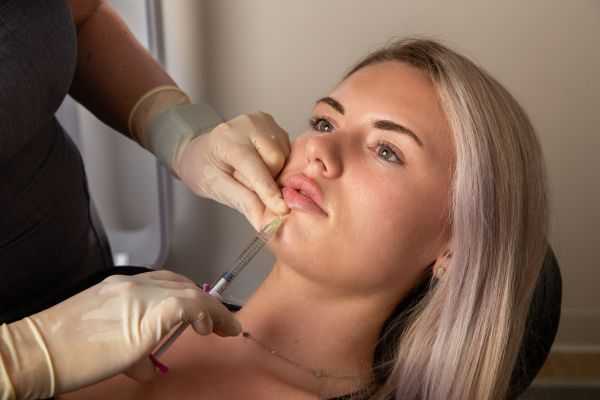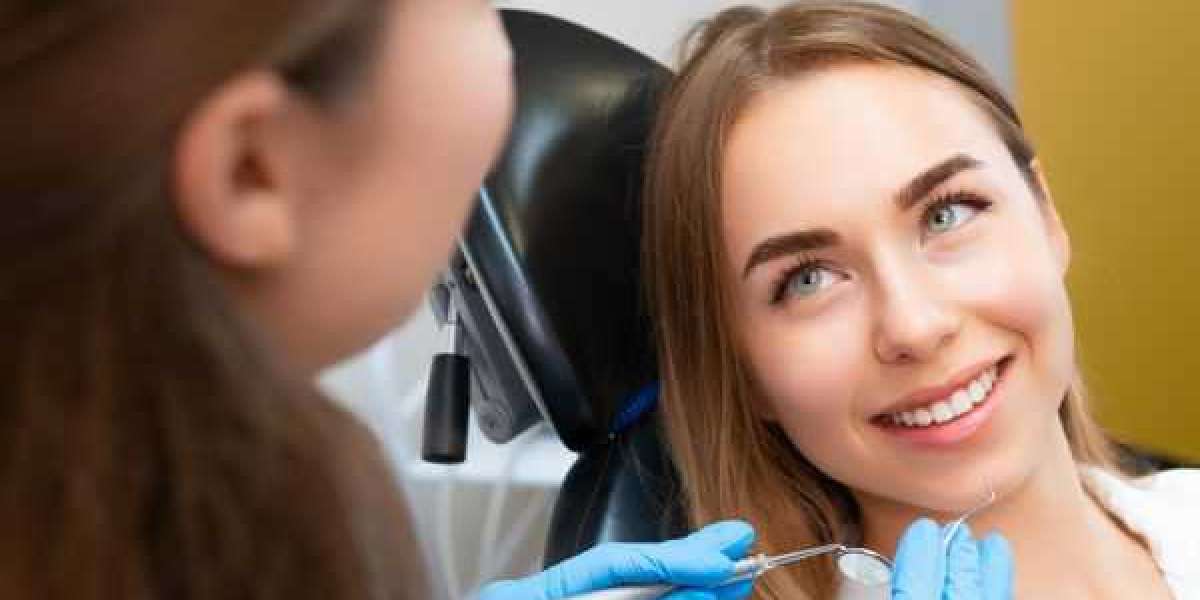Jaw pain after dental work is more common than many people realise. Whether it’s due to a long procedure, teeth grinding, or the natural strain caused by dental treatments, discomfort in the jaw can be a frustrating side effect. While traditional methods like painkillers or heat pads might offer some relief, there’s a lesser-known treatment gaining popularity: Botox. In this post, we’ll look at how Botox can be used to alleviate jaw pain after dental work, why it’s effective, and why more people are turning to it as a solution.
Understanding Jaw Pain After Dental Work
Jaw pain following dental work can stem from a variety of causes, many of which are temporary. Some of the most common reasons for discomfort include:
- Extended Mouth Opening: During long procedures, dentists need to keep your mouth open for extended periods. This can strain the muscles in your jaw, leading to pain or soreness after the procedure.
- Teeth Grinding: Many people grind their teeth during the night, and this can be exacerbated by dental work, especially if you’re anxious or stressed.
- TMJ Disorder: The temporomandibular joint (TMJ) connects your jaw to your skull, and it’s responsible for movements like chewing and speaking. Dental work can sometimes aggravate this joint, leading to pain, clicking, or difficulty moving the jaw.
- Mouthguard or Restorative Treatments: Some dental treatments, such as mouthguards or crowns, might cause discomfort in the jaw if the fit isn’t quite right, leading to uneven pressure on the muscles.
These issues can lead to jaw tension, headaches, and even neck pain. For many patients, the pain is temporary, but for others, it can linger and disrupt their daily lives.
How Botox Works to Relieve Jaw Pain
The most prevalent use of Botox is in cosmetic procedures, particularly to lessen the visibility of wrinkles. However, it’s also a proven treatment for various medical conditions, including jaw pain. The active ingredient in Botox, botulinum toxin, works by temporarily blocking nerve signals to specific muscles. Botox eases stress and pain by relaxing the muscles of the jaw when it is injected.
The Science Behind It
The jaw muscles, particularly the masseter muscles (which are responsible for chewing), can become overactive or tense due to factors like stress, anxiety, or dental procedures. When Botox is injected into these muscles, it helps to reduce excessive muscle contractions. This provides relief from the pain and discomfort associated with jaw tension.
Botox in Aberdeen is increasingly being used to treat jaw pain, especially for those who have tried other methods without success. By targeting the masseter muscle specifically, Botox can prevent it from becoming overly tight, thus alleviating pain and discomfort.
Benefits of Botox for Jaw Pain
- Quick Relief: One of the main advantages of Botox is that it provides quick relief. After the injections, patients often report a significant reduction in jaw pain within a few days.
- Non-Surgical: Unlike other treatments that might require surgery, Botox is a non-invasive solution, making it a preferred option for many people.
- Minimal Downtime: The actual procedure takes only a few minutes, usually no more than twenty. Most people can resume their normal activities immediately after receiving Botox.
- Long-Term Results: Although Botox isn't permanent, it helps relieve jaw pain for a few months, and subsequent procedures can help control it over the long run.
How Botox Can Help, Specifically After Dental Work
After a dental procedure, particularly one that requires your mouth to remain open for an extended period, you may experience muscle soreness. In these cases, Botox can relax the overworked jaw muscles, preventing them from staying tense and offering much-needed relief.
If you’ve had a significant dental procedure such as a root canal, dental implant, or extensive fillings, Botox can be a great way to help manage any jaw discomfort that arises afterwards. For example, a private dentist in Aberdeen may recommend Botox if you’re experiencing muscle tension or discomfort in the jaw following a long procedure.
Managing Bruxism (Teeth Grinding)
Bruxism, or teeth grinding, is a common side effect of dental anxiety or stress, and it can be exacerbated after dental work. Grinding can strain the jaw muscles and lead to headaches and jaw pain. Botox works effectively for patients who suffer from bruxism by relaxing the masseter muscles, preventing the grinding motion, and thus reducing the associated pain and tension.
If you’ve noticed that your jaw pain continues after dental work, or if it worsens over time, Botox injections could be a way to address underlying muscle tension, including that caused by bruxism. Many dental professionals, including those offering Botox in Aberdeen, are now incorporating Botox into their practice to treat this condition.
TMJ Disorders and Botox
Temporomandibular joint (TMJ) disorders can lead to chronic jaw pain, clicking, or difficulty moving the jaw. Dental procedures can sometimes trigger or worsen TMJ problems, making Botox an ideal solution. Botox injections in the affected muscles can help to relax the muscles around the TMJ, reducing pain and discomfort. For those with TMJ, Botox offers a non-surgical way to ease the tension and improve jaw function.
Improved Jaw Function
By relaxing tight muscles, Botox can also help improve the overall function of the jaw, making it easier to open and close your mouth without discomfort. This is particularly beneficial for patients who have had major dental work and are experiencing difficulty moving their jaw due to muscle tightness.
What to Expect from a Botox Treatment for Jaw Pain
Botox injections are quick and relatively simple. Here’s a breakdown of what you can expect when receiving Botox for jaw pain after dental work:
- Consultation: Your dentist or a specialist will assess your jaw pain and discuss your treatment options. They may ask about the nature of your discomfort and any previous treatments you’ve tried.
- Injection: Once the area is mapped out, Botox will be injected into the masseter muscles or any other relevant muscles. The procedure usually takes 10–20 minutes.
- Aftercare: There’s minimal downtime associated with botox in Aberdeen injections. You may experience mild swelling or bruising at the injection sites, but this typically resolves within a few hours to a day.

Conclusion
Botox is proving to be an effective treatment for jaw pain following dental work, especially when traditional methods fall short. Whether you’re dealing with discomfort from extended procedures, bruxism, or TMJ issues, Botox offers a non-invasive, quick solution with minimal downtime. A private dentist in Aberdeen may now offer Botox as part of their treatment options to help you recover more comfortably after dental work. If jaw pain is affecting your quality of life, it may be time to ask your dentist about Botox and how it can help.











